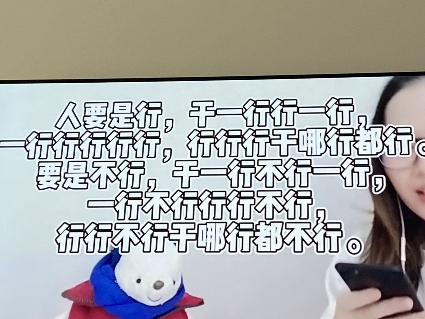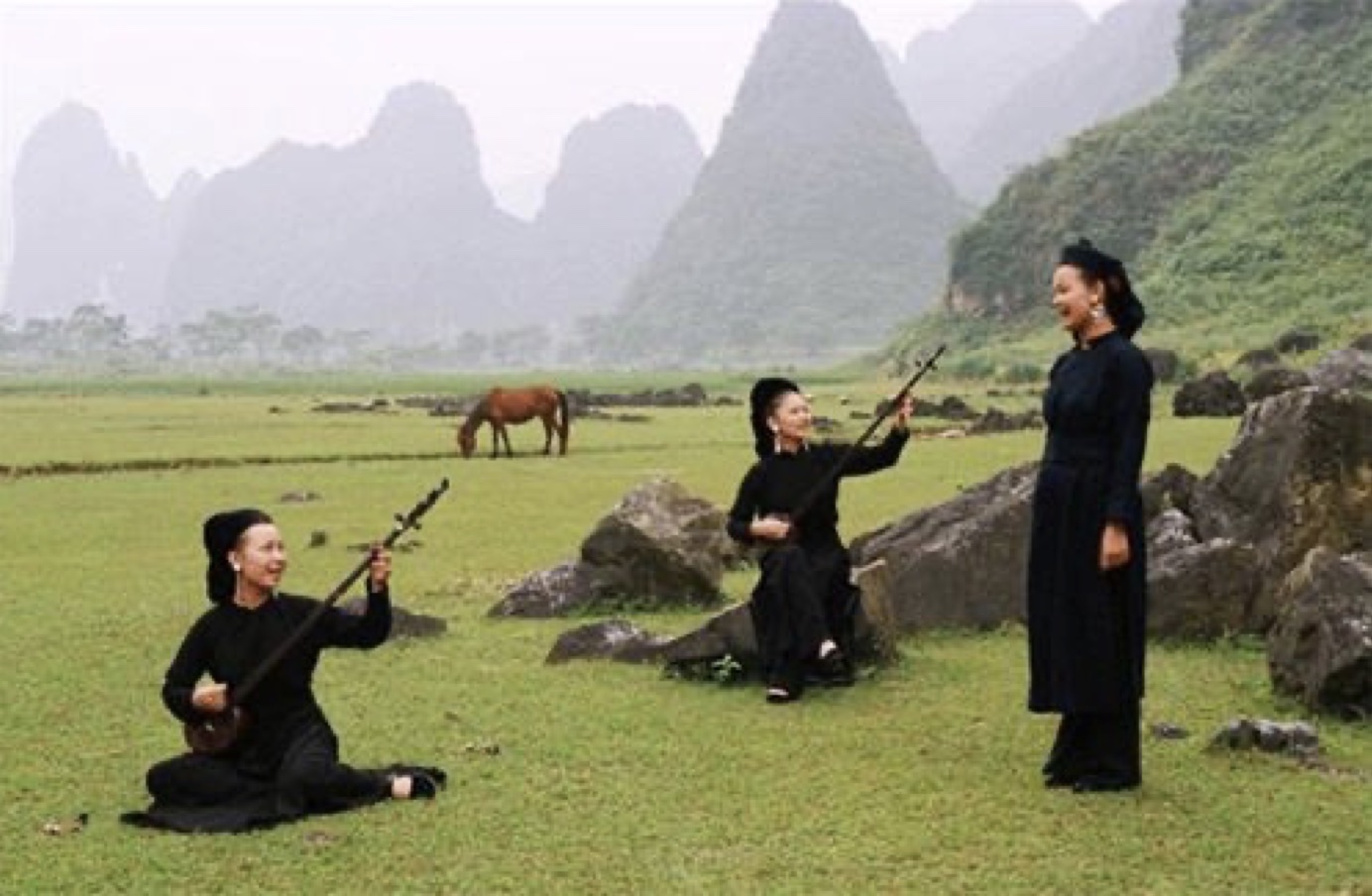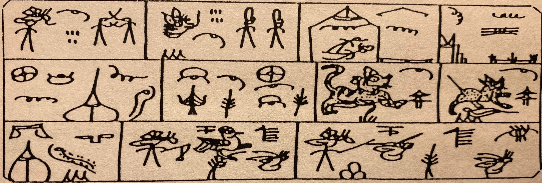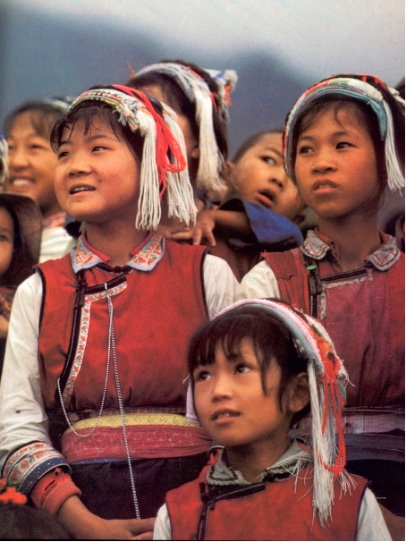Japanese translation bumbles, fumbles, and stumbles
New article in Japan Times (1/21/22) by Eric Margolis: "Translator trip-ups: What do they mean for learning Japanese?" It is so rich in insights that I will quote from it liberally (well, the whole kit and caboodle, broken up a bit):
In the recent issue of the literary magazine Monkey, which publishes new and old Japanese writing translated into English, a dozen literary translators dished out their thoughts on the hardest words to translate from Japanese into English. These choices ranged from the omnipresent いらっしゃいませ (irasshaimase), which is used as a greeting when entering a store, to sentence endings like the emphatic よ (yo) and the interrogative かしら(kashira, I wonder?).
Examining the words chosen by these translators can shed light on why communication between languages requires so much more than one-to-one translation. It also demonstrates how important it is to have a high level of cultural understanding for speaking fluent Japanese.
I want to take a look at five of these words and dive into why they’re significant and how Japanese learners can embrace and grow by using them. These words are: いらっしゃいませ、おじさん/おばさん (ojisan/obasan, mister/missus), 懐かしい (natsukashii, nostalgic), はあ(hā, an interjection) and 心 (kokoro, heart). Why did translators choose these words as being hard — even impossible — to translate? As we’ll soon see, the parenthetical definitions are woefully insufficient. We’ll need to dive deeper.
Read the rest of this entry »





